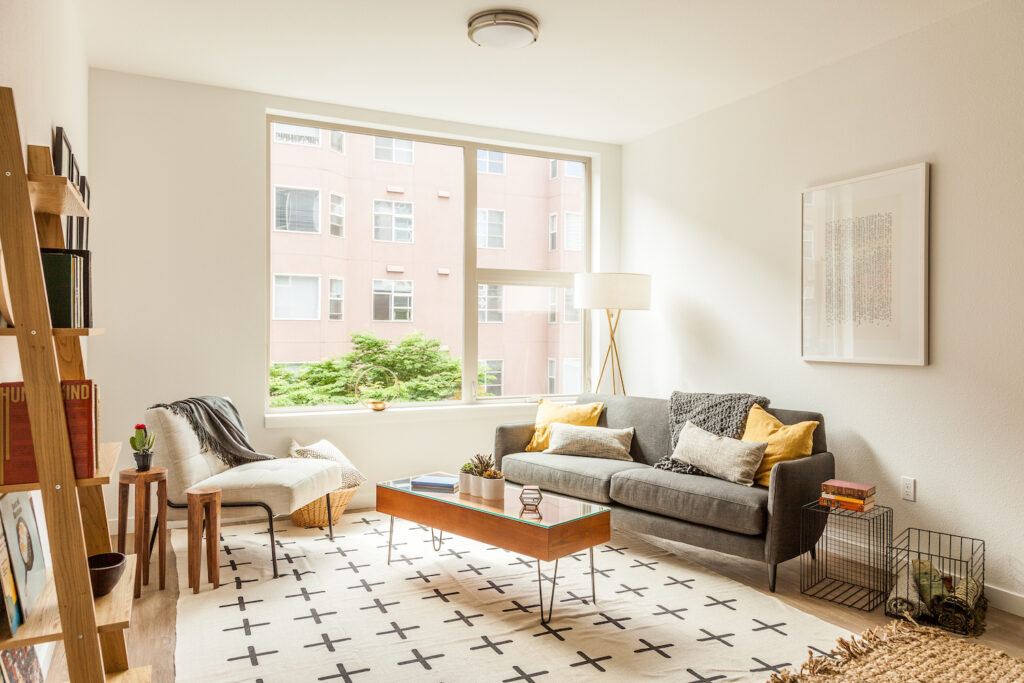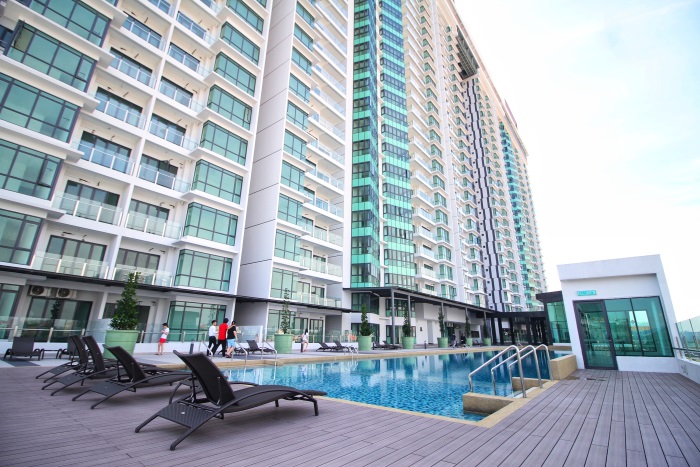Property developer companies in Malaysia play a critical role in shaping the country’s urban landscape and driving its economic growth. These companies are responsible for the construction of residential, commercial, and industrial properties that cater to a growing population and support the nation’s infrastructure. From towering high-rise apartments in Kuala Lumpur to sprawling mixed-use developments in suburban areas, property developers are integral to meeting the housing and commercial needs of Malaysia’s diverse demographic. As the country continues to urbanize, these developers are tasked with creating sustainable and efficient spaces that not only serve immediate needs but also align with long-term growth strategies.
Residential development is one of the main focuses of property developers in Malaysia. With a rising urban population, there is increasing demand for various types of housing, ranging from affordable apartments to luxury condominiums. In major cities like Kuala Lumpur, Johor Bahru, and Penang, property developers are constructing high-density residential buildings designed to accommodate the influx of people moving to urban centers. These developments often feature modern amenities such as gyms, swimming pools, and retail spaces, providing residents with a convenient and comfortable living environment. As homeownership remains a priority for many Malaysians, property developers are continuously working to offer housing solutions that meet the needs of both first-time buyers and investors looking for premium properties.
Commercial and industrial developments are also a significant aspect of the work done by property developer companies in Malaysia. As the country continues to grow economically, there is an increasing need for office spaces, shopping malls, and industrial parks to support business activities. Property developers are instrumental in creating these spaces, contributing to the expansion of Malaysia’s business landscape. Developments such as office towers and shopping centers not only provide opportunities for businesses but also enhance the country’s economic appeal to foreign investors. The development of industrial parks and logistics hubs is equally important, as it supports manufacturing and trade, two key sectors of Malaysia’s economy. These commercial projects are crucial for sustaining Malaysia’s position as a regional hub for trade and business.
Sustainability has become a core focus for many property developers in Malaysia, reflecting global trends and increasing local demand for environmentally friendly living and working spaces. Green building practices are now widely adopted, with developers incorporating energy-efficient designs, renewable materials, and eco-friendly technologies into their projects. Some developments are built to meet the criteria of the Green Building Index (GBI), Malaysia’s certification for sustainability in the construction sector. This move towards sustainable development is not only beneficial for the environment but also enhances the appeal of properties to environmentally conscious buyers and investors. Additionally, sustainable developments help reduce long-term operational costs, as energy-efficient buildings consume less power and require less maintenance, benefiting both developers and property owners.

One of the key trends influencing affordable apartments in kl is the concept of integrated townships and mixed-use developments. These projects combine residential, commercial, and recreational spaces within a single development, offering residents the convenience of having everything they need in close proximity. Integrated developments often feature shopping centers, offices, parks, and schools, creating self-contained communities that minimize the need for long commutes. This concept is particularly appealing in Malaysia’s urban centers, where traffic congestion is a growing issue. Property developers have responded by creating developments that prioritize accessibility, connectivity, and convenience, making it easier for residents to balance work, leisure, and family life. These integrated developments are likely to continue growing in popularity as Malaysia’s cities become more densely populated.
The involvement of foreign investors in Malaysia’s property market has also shaped the strategies of local property developer companies. Malaysia’s relatively affordable property prices, strategic location in Southeast Asia, and open market policies have attracted significant interest from foreign buyers, particularly from neighboring countries such as Singapore and China. In response, Malaysian developers have partnered with international firms to create high-end residential and commercial projects that cater to foreign investors. These developments often feature luxury amenities and prime locations, making them attractive to expatriates and investors looking to capitalize on Malaysia’s growing economy. The influx of foreign capital has further fueled growth in the property sector, helping developers undertake larger and more ambitious projects.
In conclusion, property developer companies in Malaysia are essential players in the country’s urban and economic development. Through their work in residential, commercial, and industrial projects, they provide the infrastructure necessary to support Malaysia’s growing population and business sectors. As the nation continues to modernize and urbanize, developers are increasingly focusing on sustainability and smart urban planning, ensuring that future developments are environmentally friendly and adaptable to the needs of modern urban living. With the growing popularity of integrated townships and the continued interest of foreign investors, Malaysia’s property developers are well-positioned to shape the nation’s future, creating vibrant, sustainable communities that will drive the country’s progress for decades to come.
